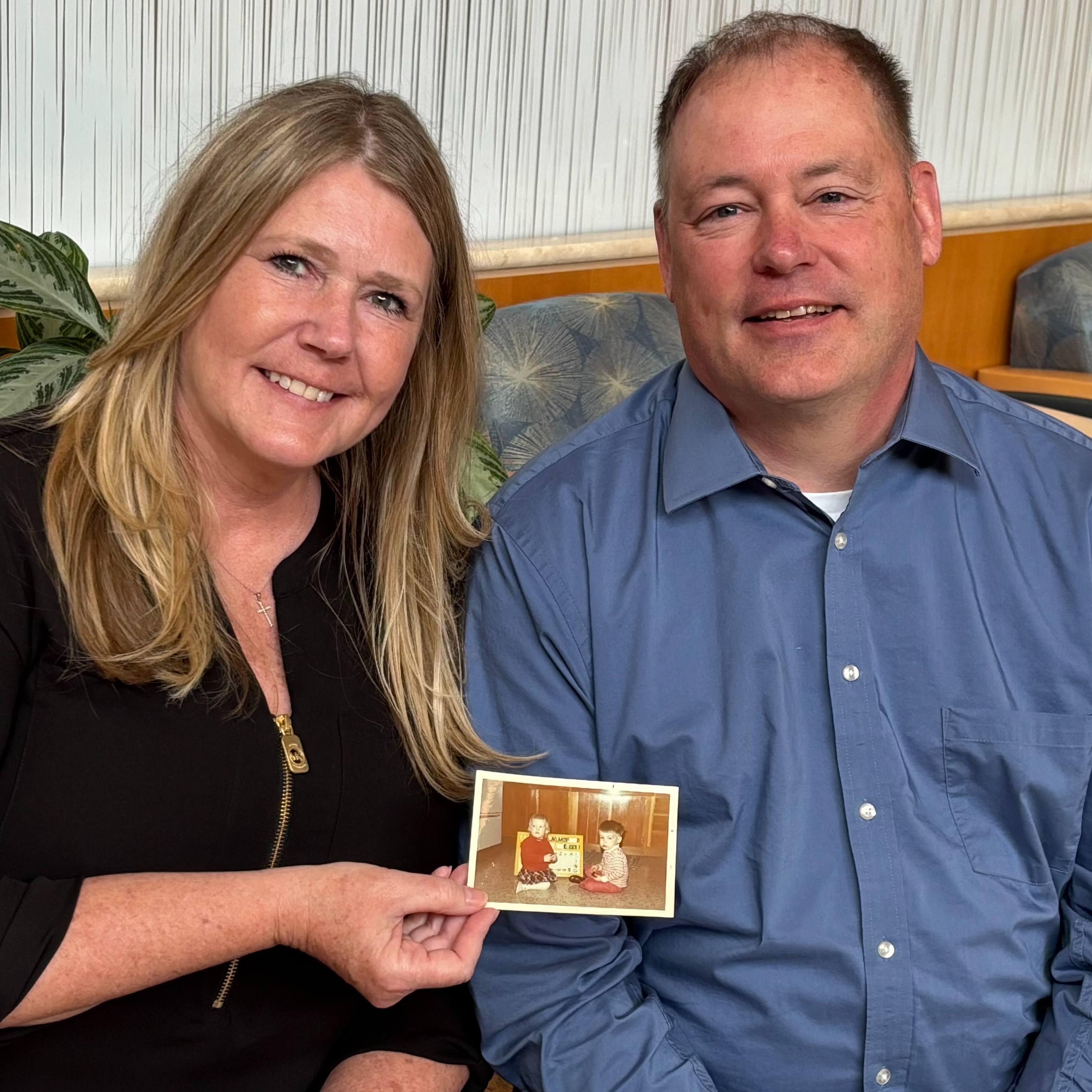Often, patients whose body mass index, or BMI, is too high aren't able to get a kidney transplant because of the higher risks of complications before and during surgery. But an innovative program at Mayo Clinic is giving patients hope by helping to break that barrier to transplant through a weight loss program.
Journalists: Broadcast-quality video (1:07) is in the downloads at the end of this post. Please "Courtesy: Mayo Clinic News Network." Read the script.
A multidisciplinary team of Mayo Clinic transplant surgeons, nephrologists, dietitians and endocrinologists is helping remove obesity as a barrier to kidney transplantation.
"Our transplant metabolic bariatric program is very unique because it does have a team approach and it's also centered on the patient," says Dr. Aleksandra Kukla, a Mayo Clinic nephrologist who helped create the program.
She explains that the program can sometimes include bariatric surgery, which is the most effective and durable weight loss method.
"All the team members are invested in getting the patient to the transplant. With every follow-up visit, we not only address the weight loss and nutritional deficiencies, but we also look at the patient as a potential kidney transplant candidate."
Some patients are able to be listed for kidney transplant just two months after bariatric surgery. But for many, the program is offering them something they may not have had before: hope that they can receive a kidney transplant in the future.
"Many of our patients have been previously rejected from the other transplant centers. So they come to us for help and for hope," says Dr. Kukla.
Related posts:
For the safety of its patients, staff and visitors, Mayo Clinic has strict masking policies in place. Anyone shown without a mask was recorded prior to COVID-19 or recorded in an area not designated for patient care, where safety protocols were followed.







